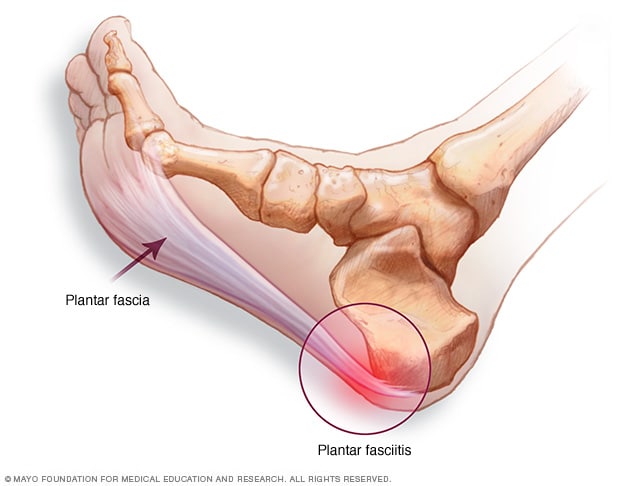- Orthotics: You can place inserts in your shoes to provide additional cushioning and to help place your foot in a more favorable position. Orthotics are available over-the-counter — but for best results, you can have a custom pair made.
- Plantar fasciitis: The plantar fascia is a ligament that connects your toes to your heel. Plantar fasciitis refers to the inflammation of that ligament. People with this condition often have sharp heel pain. The pain is usually worse after waking up, but it improves the more you walk.
Heel Pain
- Trouble finding shoes that fit well.
- Foot pain, particularly when walking, standing or playing sports.
Do high arches cause overpronation?
Pronation refers to the natural rolling movement of your foot when walking or running. High arches usually cause underpronation (when your foot rolls outward, placing pressure on the outer toes). People with overpronation (when your foot rolls inward) typically have flat feet.
When should I see my healthcare provider?
If you think you may have unusually high arches, make an appointment with your healthcare provider. They can help determine the root cause of the problem and design a personalized treatment plan to meet your needs

Plantar fasciitis
Plantar fasciitis is an inflammation of the fibrous tissue (plantar fascia) along the bottom of your foot that connects your heel bone to your toes. Plantar fasciitis can cause intense heel pain.
High arch feet can cause mild or severe pain that may be short-term or chronic. If you think you may have high arches that are interfering with your quality of life, talk to your healthcare provider. There are many conservative treatment options available that can alleviate your pain and help you return to normal function.
No comments:
Post a Comment
Note: Only a member of this blog may post a comment.